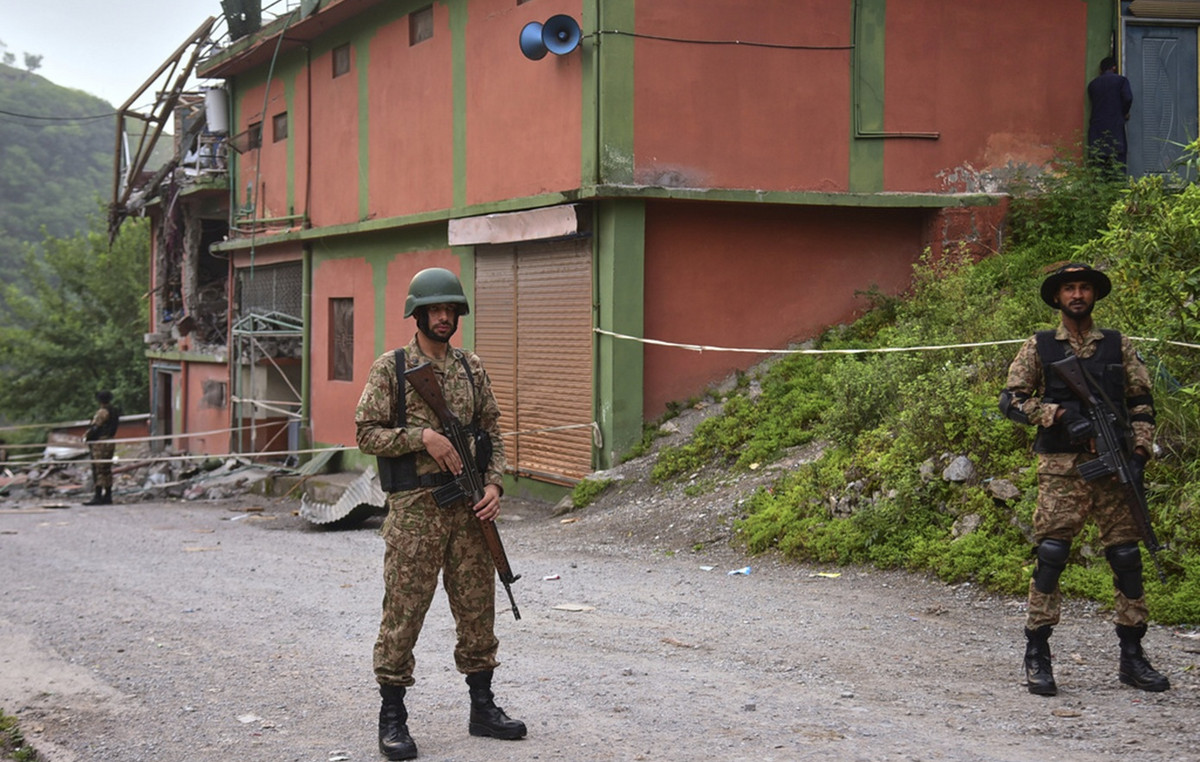The infection by HPV (human papillomavirus) is associated with the development of cervical cancer and other types of tumors that affect the female genital region. In men, the virus is linked to penile and rectal cancers.
The HPV vaccine is effective for the prevention of HPV serotypes 16 and 18 and has been adopted by more than 100 countries as a strategy for immunizing adolescents. Types 16 and 18 are the main ones associated with cervical cancer.
However, adherence to the vaccine remains low, according to the World Health Organization (WHO). A survey by the Federal University of Minas Gerais (UFMG) points out that misinformation is one of the factors that contribute to the low vaccination coverage against the infection.
For the study, researchers from the UFMG School of Nursing interviewed 159,245 Brazilian students aged 13 to 17 years and used data from the 2019 National School Health Survey (PeNSE). HPV was that “they didn’t know they had to take it”. This was the response of 46.8% of respondents.
According to the specialists, the results of the research will be able to support public policies and health strategies for the control and prevention of cervical cancer in the country. The HPV vaccine prevents, in addition to cervical cancer, penile cancer and even anus, throat and mouth cancers, which can affect people of both sexes.
The study coordinator, Tércia Moreira Ribeiro da Silva, from the Department of Maternal and Child Nursing and Public Health, says that the vaccine against HPV prevents injuries to the female and male genitals and persistent infections caused by subtypes 6, 11, 16 and 18 of the virus.
“In 2019, 5,880,000 new cases of this form of cancer were reported worldwide. In Brazil, in 2018 and 2019, approximately 16,370 new cases of cervical cancer were detected, the third highest incidence among malignant tumors”, says Tércia.
“Distance or difficulty getting to the unit or service” was the most frequent response among adolescents enrolled in Brazilian public schools. Among boys and girls from private schools, the most frequent reasons for non-adherence to vaccination were: “mother, father or guardian did not want to vaccinate” and “fear of reaction to the vaccine”.
The researchers also observed a higher prevalence of adolescents who were not vaccinated against HPV in the capitals and states of the North and Northeast regions.
The proportion of students who were not immunized against HPV in the capitals was higher in Rio Branco (22.1%), Natal (21.3%), Porto Alegre (20.4%) and Macapá (18.8%).
The state capitals of the North and Northeast regions had higher proportions of the answer “I didn’t know I had to take it”, especially Teresina (54.7%), Maceió (54.6%) and Boa Vista (51%).
In turn, Florianópolis (30.9%) Porto Alegre (33.6%) and Vitória (36.6%), capitals of the South and Southeast, recorded the lowest prevalence of adolescents who did not know they had to take the vaccine . Of the states in the Southeast Region, Minas Gerais had the highest proportion (47.1%) of the answer “I didn’t know I had to take the vaccine against HPV”.
role of nursing
The study points out that the strengthening of public policies and health strategies, especially in the North and Northeast regions of the country, is essential to improve HPV vaccination indicators among adolescents.
The UFMG researcher states that there is evidence that many health professionals do not discuss or recommend vaccination against HPV, or adopt inadequate communication strategies, which compromises the acceptance of the vaccine by adolescents.
The research coordinator highlights the central role of nurses as health educators, establishing a communication channel for disseminating information about vaccination against HPV.
“We also emphasize the importance of these studies to sensitize those responsible for adolescents about the behaviors and attitudes that constitute risk factors for sexually transmitted infections”, emphasizes Tércia Ribeiro.
The team also includes the participation of undergraduate nursing students Isabella de Alcântara Gomes Silva and Elton Junio Sady Prates, postdoctoral student in nursing Ana Carolina Micheletti Gomide Nogueira de Sá and professors Deborah Carvalho Malta and Fernanda Penido Matozinhos.
Vaccination in Brazil
Vaccination is available to anyone aged 9 to 14, regardless of gender. Vaccination against HPV in adolescents is used by more than 100 countries.
In July, the immunization offer was expanded to the immunosuppressed male population. Men up to 45 years of age with transplants, cancer patients or those living with HIV/AIDS can be vaccinated. According to the ministry, the traditional three-dose scheme is adopted, regardless of age.
The World Health Organization (WHO) has updated recommendations for the HPV (human papillomavirus) vaccine. In a new document, WHO states that a single-dose scheme can offer efficacy and durability of protection comparable to a two-dose scheme.
Source: CNN Brasil
I am an experienced journalist and writer with a career in the news industry. My focus is on covering Top News stories for World Stock Market, where I provide comprehensive analysis and commentary on markets around the world. I have expertise in writing both long-form articles and shorter pieces that deliver timely, relevant updates to readers.







